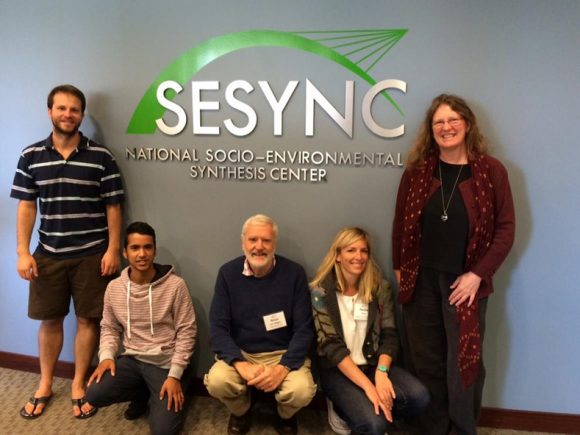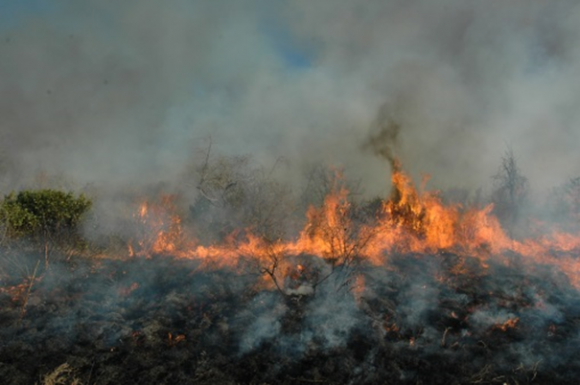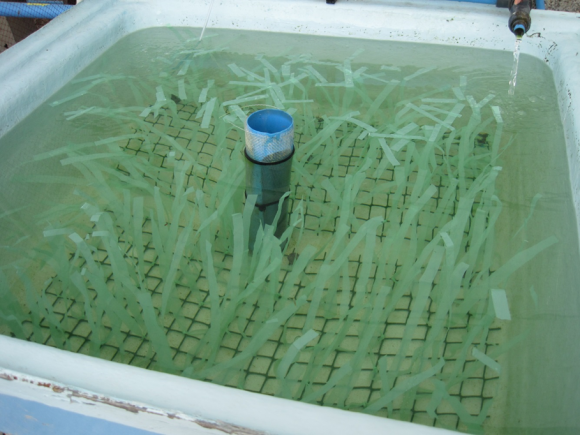There is a growing call to fund research that includes natural and social scientists working together with decision makers, to address the complexities of global changes. In October 2015, the National Socio-Environmental Synthesis Centre (SESYNC) hosted a meeting to address this issue in Annapolis, USA.
The meeting was attended by participants from across the globe, and included two invited C·I·B researchers Karen Esler and Brian van Wilgen, and C·I·B post-graduates, Brent Abrahams and Ross Shackleton. It focussed on deriving lessons from case studies that have addressed environmental issues. The case studies included global examples (e.g. the Millennium Ecosystem Assessment, and UNESCO’s Man and the Biosphere programme) and local projects from Africa, Asia, North, Central and South America and the Pacific.

The case studies covered by the C·I·B were a review of the Working for Water programme and a review of a four-year post-graduate program that followed an interdisciplinary approach involving students and supervisors from various institutions. In addition, Dr Nadia Sitas of the Council for Scientific and Industrial Research (CSIR) showcased a study on collaboration for knowledge and action in disaster management.
The meeting highlighted several points, including the involvement of different stakeholders in the planning and designing of projects. It also pointed to the challenges of coordinating these projects and of fundraising in a system that supports disciplinary, rather than interdisciplinary research. Most of the case studies reviewed were conceptualised and executed by ecologists working with economists, and many integrative projects still lack adequate inputs from social scientists.
Ross Shackleton, who has recently submitted his PhD thesis on the management of Prosopis invasions in a complex social-ecological environment, commented that “the meeting was beneficial in highlighting the successes that integrated projects have achieved, both in benefiting local communities and ensuring conservation, but there are still many challenges. The results from this meeting will shed light on how we can overcome these challenges”.
Papers from the meeting will be published in a special issue of the journal Current Opinion in Environmental Sustainability.


